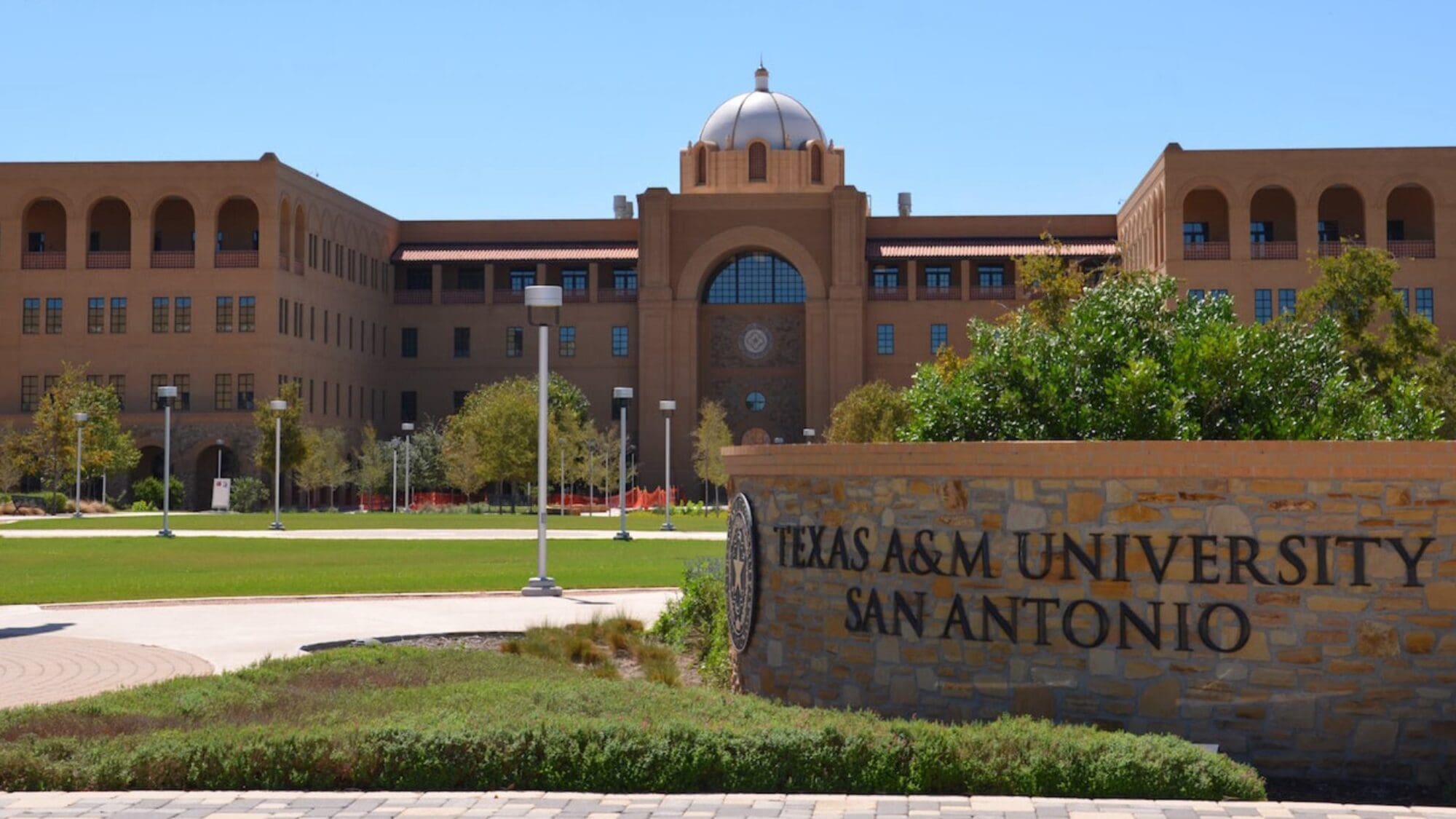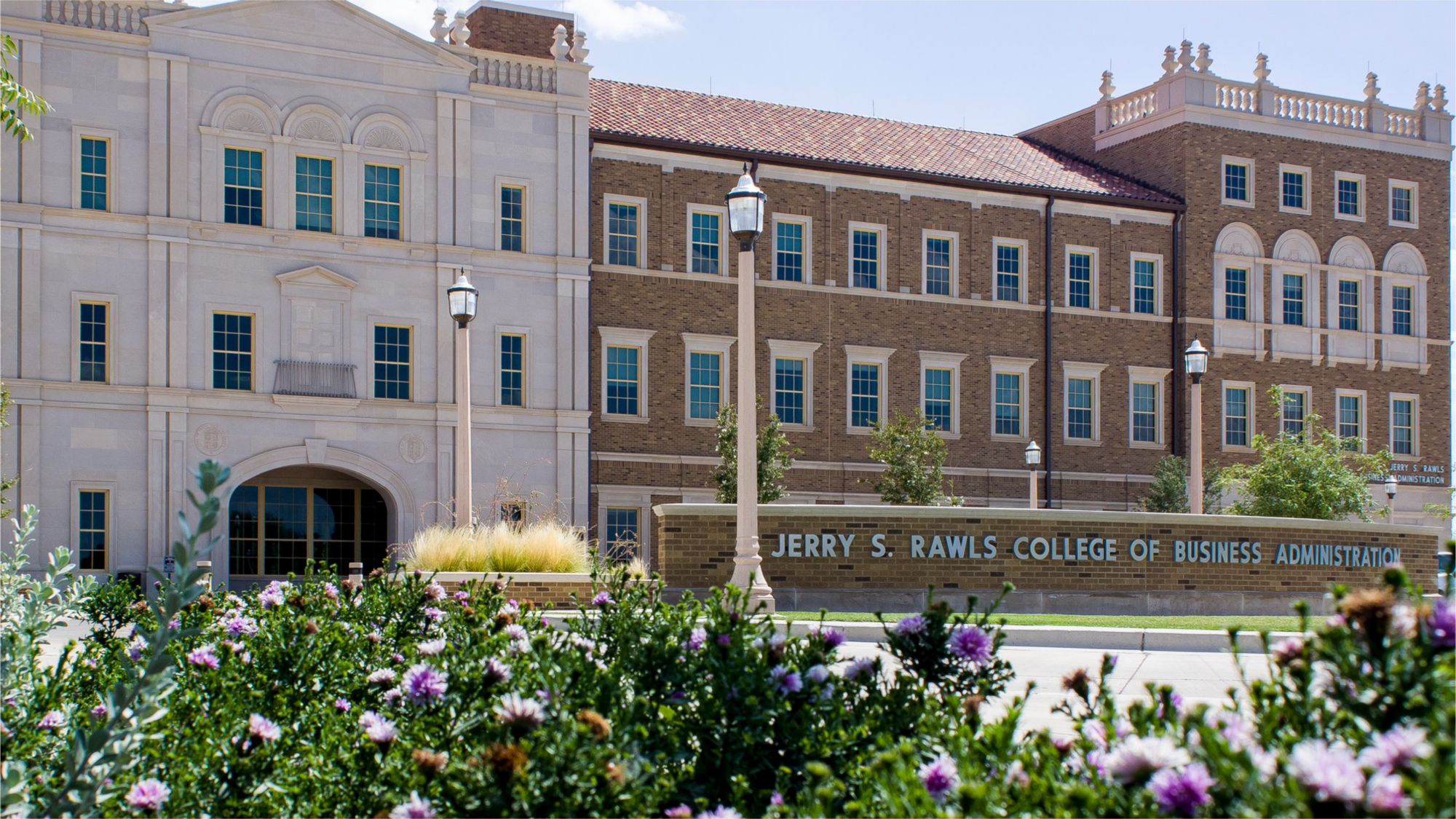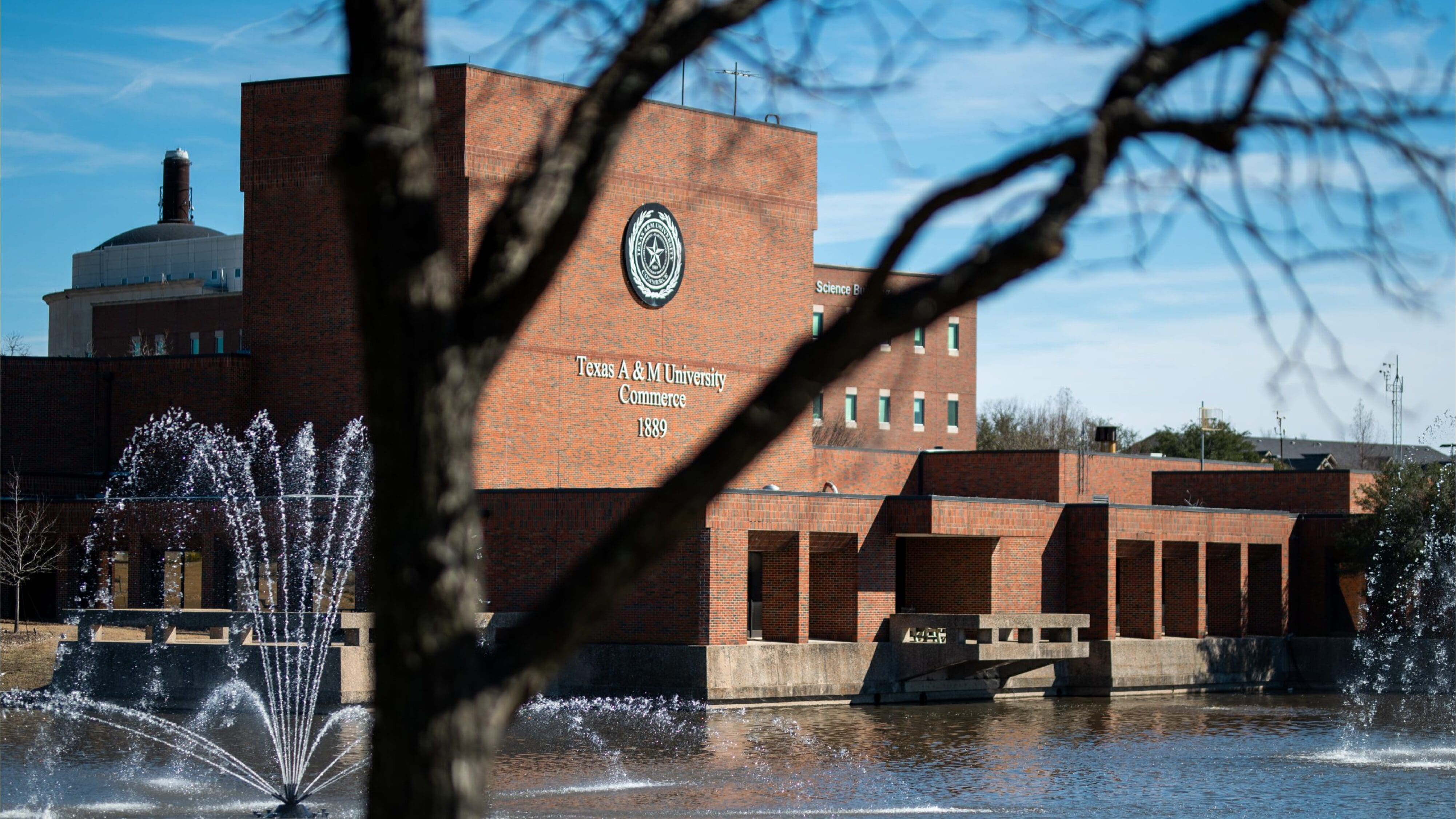The Texas A&M-San Antonio University Library highlights “anti-racist” research guides in their online book selections.
Research guides are listed on the university’s library website to help students navigate class topics and assignments.
A list of “Racial Justice and Anti-Racist Resources” is included under the university’s “Black Studies Research Guide.” The website says it is a “resource list to educate yourself and spark conversation about institutionalized racism.”
Anti-racism has been coupled with diversity, equity, and inclusion efforts to accuse all white people of being racist. The ideology also asserts that racism in America is systemic.
“Resources” the library lists include book titles like “How to be an Antiracist” by Ibram X. Kendi and “Why Are All the Black Kids Sitting Together in the Cafeteria” by Beverly Daniel. One section of books is labeled “Examining Whiteness.” Included are books like “White Fragility” by Robin DiAngelo, “White Rage” by Carol Anderson, and “Me and White Supremacy” by Layla Saad.
The guide also links to a slideshow presentation on the university’s Black Lives Matter Instructional Library for Children and Young Adults. The slideshow description reads, “Curated books on topics like self-love/empowerment, activism, talking about racism with kids, and black history.”
The guide names the New York Times’ widely debunked 1619 Project and the Black Lives Matter website as resources.
The Black Studies Research Guide was created in 2018 by the Diversity and Dialogue Working Group. This group consulted with Dr. Finley, an associate English professor, and Dr. Cilli, a history lecturer, on the project.
Working groups at universities usually involve a coalition of faculty working to conduct research and develop solutions to issues. The purpose of the projects is to write grant proposals or present plans to the university.
Additional library research guides developed from the 2018 diversity working group, including Chican@ Studies, Women’s Studies, Disability Studies, Asian American Studies, Native American Studies, and LGBTQ+ Studies.
Texas A&M-San Antonio (TAMUSA) is a branch of the Texas A&M University System (TAMUS). The Texas A&M System has marketed itself as conservative, even boasting its College Station campus’ 13th spot in a ranking of the most conservative college campuses in the U.S. Findings like these bring this reputation into question.
Texas Scorecard asked TAMUSA and TAMUS for comment. They did not respond before publication.
Texas Scorecard will continue to examine higher education in the state. If you or anyone you know has information regarding universities, please contact our tip line: scorecardtips@protonmail.com.





